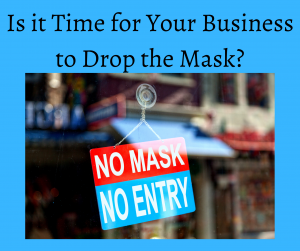Licenses for a legal cannabis business have been a hot topic lately, and now the the Illinois Supreme Court has made its first ruling related to the byzantine process of obtaining a license for a legalized cannabis business in the state, and it seems likely to be the first of many.
The legislative effort to limit the number of licenses the state issues drives up the value of said licenses to the point where it almost seems to bait those who don’t win the competitions to get one, and who sometimes end up angry and confused as to why.












